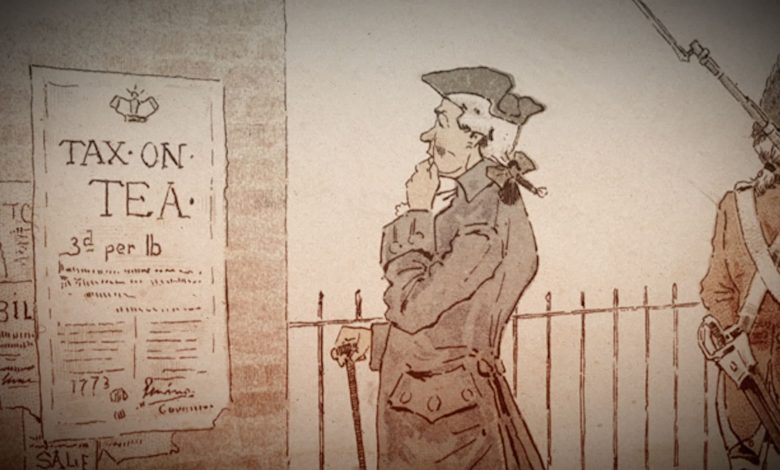
When most people think about the American Revolution, the image of angry colonists dumping British tea into Boston Harbor often springs to mind. But was the American Revolution not caused just because tea tax? The answer is a resounding yes—the Revolution was fueled by far more than just the infamous Tea Act and the tax on tea. While the Boston Tea Party is one of the most iconic moments in the lead-up to independence, the roots of the Revolution stretch deep into a complex mix of political, economic, and social grievances. Colonists were frustrated by a series of British policies and taxes—like the Stamp Act, Townshend Acts, and the Intolerable Acts—imposed without their consent. Add to that a growing sense of American identity, the abandonment of salutary neglect, and escalating conflicts with British authorities, and you have a recipe for revolution that’s much richer than a single tax on a morning beverage. This article will unpack the many causes of the American Revolution, showing how tea was just one leaf in a much larger pot.
The Real Causes: More Than Just a Tea Tax
The American Revolution was the result of years of mounting tension between the British government and its American colonies. The British Parliament’s attempts to exert tighter control and raise revenue after the costly French and Indian War led to a series of unpopular laws and taxes. The Sugar Act (1764), Stamp Act (1765), and Townshend Acts (1767) taxed everything from sugar and paper to glass and tea, sparking outrage among colonists who had no representation in Parliament. The famous slogan “no taxation without representation” became a rallying cry, but it wasn’t just about taxes—it was about the right to self-govern.

Political and Economic Frustrations
Beyond taxes, colonists were frustrated by the erosion of their political autonomy. For decades, Britain had practiced “salutary neglect,” allowing the colonies a degree of self-rule. When this policy ended, Parliament began to interfere directly in colonial affairs, undermining local legislatures and imposing new regulations. This shift made colonists feel like second-class citizens in their own land.
Social and Cultural Shifts
The Revolution also had social and cultural roots. The Enlightenment encouraged new ideas about democracy, liberty, and equality. Colonists started to see themselves as Americans, not just British subjects. The growing cultural divide between Britain and the colonies made it harder to reconcile differences, especially as British officials responded to protests with increased repression.
Escalating Conflicts and the Road to War
The tea tax and the Boston Tea Party were flashpoints, but they were part of a larger pattern of protest and punishment. The British response to colonial resistance was harsh: the Intolerable Acts shut down Boston’s port and limited self-government, uniting the colonies against a common enemy. As tensions escalated, violence broke out—the Boston Massacre, the seizure of colonial arms, and finally, the battles of Lexington and Concord marked the transition from protest to revolution.
Class Struggle and Grassroots Activism
It’s important to remember that the Revolution was not just a struggle between colonial elites and the British crown. Ordinary people—artisans, farmers, laborers—played a crucial role, demanding not just tax relief but broader democratic reforms and social justice. Boycotts, protests, and even riots reflected a deep-seated desire for change that went far beyond the price of tea.
Conclusion: A Revolution Brewed from Many Ingredients
So, was the American Revolution not caused just because tea tax? Absolutely. The tea tax was a spark, but the fire was fueled by a long list of grievances: loss of self-government, economic exploitation, cultural alienation, and the desire for representation and rights. The Revolution was the result of a perfect storm of political, economic, and social forces—a reminder that history is always more complicated than it first appears.

FAQs
Was the American Revolution really just about the tea tax?
No, the Revolution was caused by a wide range of political, economic, and social issues, not just the tea tax.
What were other major causes of the American Revolution?
Other causes included the Stamp Act, Townshend Acts, loss of self-government, and growing cultural and political differences with Britain.
Did the Boston Tea Party start the war?
The Boston Tea Party was a key event, but it was one of many protests that led to the outbreak of the Revolutionary War.